I refused to believe that I might have been on the verge of a burnout - unknowingly standing at the edge of that cliff like it was no big deal. After all, aren’t burnouts something that only happens to those who work long hours, taxing jobs or those who perhaps work high risk jobs? That isn’t me. I’m getting stuff done, my life isn’t too hectic, of course I can’t be burned out.
Not until the realization of my recent struggles hit me. Why couldn’t I do the simple mundane tasks? Replying to that email, cleaning my room, getting started on that blog article - seemingly simple tasks felt impossible for me to complete without going through the feeling of utter exhaustion.

Although burnouts are commonly associated with being overworked, it is more than just being burdened by a heavy workload. Burnouts are caused by an overburdening of the nervous system. Nineteenth century experts on psychopathology coined the term neurasthenia - a phenomenon in which the nervous system is overburdened by the consistent onrush of stimuli generated daily by the urban industrial society we live in.
It’s not just the work you do - burnouts are created by everything you choose to feel.
A recent study by Gallup consisting of 7500 full time U.S. employees found that:
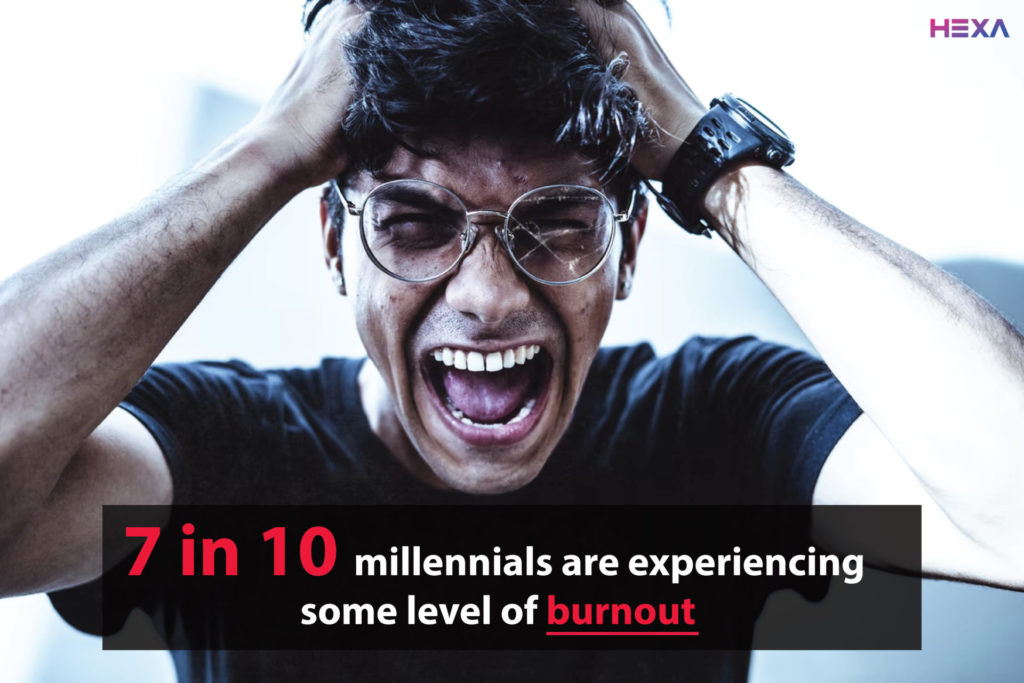
When you’re asked to do more than you’re capable of, a burnout is inevitable. But is the world really being that harsh towards millennials? Or are they simply putting that unnecessary expectation upon themselves?
Millennials want every single thing. Ideal standards of beauty, body goals, life accomplishments, educational accomplishments, talent, perfect homes, families and jobs - it’s the maxim of our entire culture.
We live in a society that tells us we need a certain job, a certain degree, a business on the side, additional hustles, productive hobbies and so much more. It’s a culture that prides one on hitting the gym right after a hectic day of work because hey, you need to look perfect. We have to work harder and better at everything - including rest and relaxation. Big vacations and breaks are a must! Everything has to be taken the extra mile.
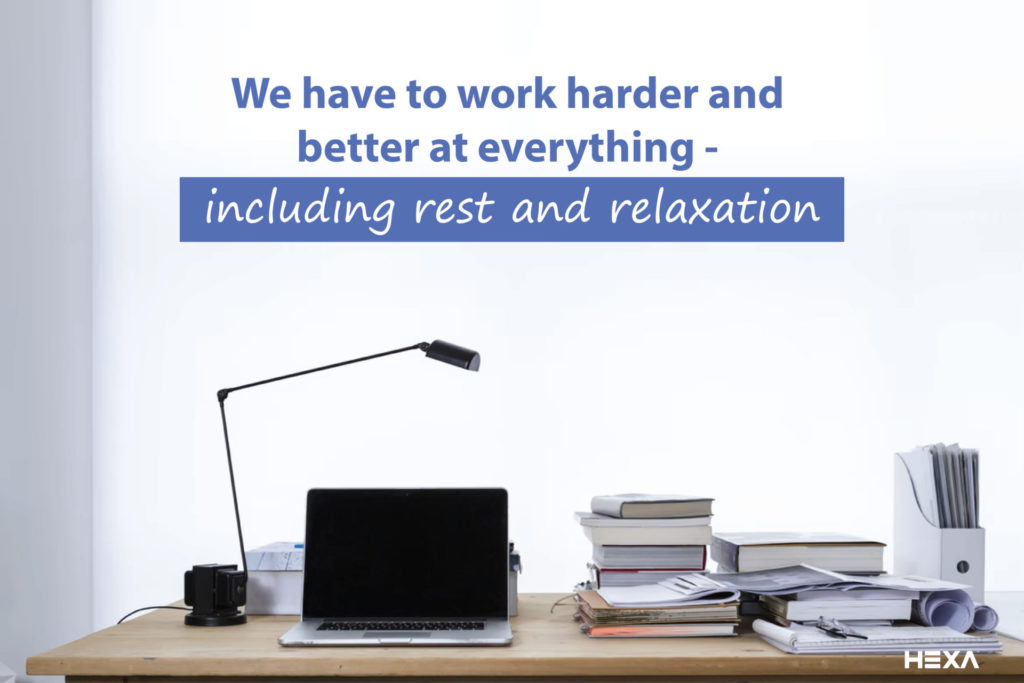
This puts us in a consistently strange state of exhaustion and anxiety, a permanent state of dissatisfaction with who we are and what we have. I should do more, but I can’t. The mental exhaustion together with the physical leads to a burnout. The unending work we put ourselves through to achieve our “best-selves” is often detrimental in nature.
Two major ways in which this can play out:
Being exhausted is okay, as long as you feel like your day’s work is done successfully. That’ll bring you a sense of satisfaction despite the sore muscles, depleted energy and tired mind. The issue arises when your exhaustion is fueled by a constant state of dissatisfaction and disappointment - either because you didn’t do enough or you did too much, but not your best.
There’s just something about millennials and errands. The mundane tasks almost feel like it’s not worth it. We have parents that are constantly running errands - did they like doing it? Not necessarily, but they got it done. So why can’t millennials get it together?
Although they benefit from doing the everyday small tasks (like emails and chores), they often associate these mundane tasks as matters that wouldn’t drastically change their lives - which is relevant to a certain extent, but how much longer can we avoid our commitments?
Perhaps there's that package sitting in the corner of your room, one that was meant to be mailed weeks ago. Have you been wanting to clear out your closet since two years ago? Whatever the situation, millennials just want to avoid the tedious tasks that seemingly don’t provide sufficient rewards.
Unfortunately these everyday tasks cannot be avoided, and as they pile up over time - you got it right, it becomes a whole load of work. Suddenly all these chores waiting for you is a nightmare and you still don’t want to do it but now you’re overwhelmed by it - hence the burnout. Procrastinating and delaying the little things that apparently aren’t urgent eventually leads to an excessive amount of workload at a later time.
Our phones and other wifi-equipped devices allow us to stay connected at all times. It makes us almost always reachable. Maintaining boundaries has become challenging. Your client reaches out to you at midnight, you feel obliged to respond. You found out about an issue at work, you feel the need to fix it right now instead of waiting for the next workday. It gives us the feeling that we’re not able to decline a request regardless of the circumstances because the ball is in our court now.
Social media is the other thing. 86% of millennials use social media and 79% use social media platforms multiple times a day. Facebook and Instagram in particular - has pretty much become an extension of our personality. Whether you realize it or not, social media has made a lot of us turn ourselves into a brand. It’s like we stand for something, and we feel obliged to keep others updated on our seemingly interesting lives. There’s a need to show the world that I’m doing this and that. “Oh hey here’s what’s new with my life” - almost as if you were promoting a new product.
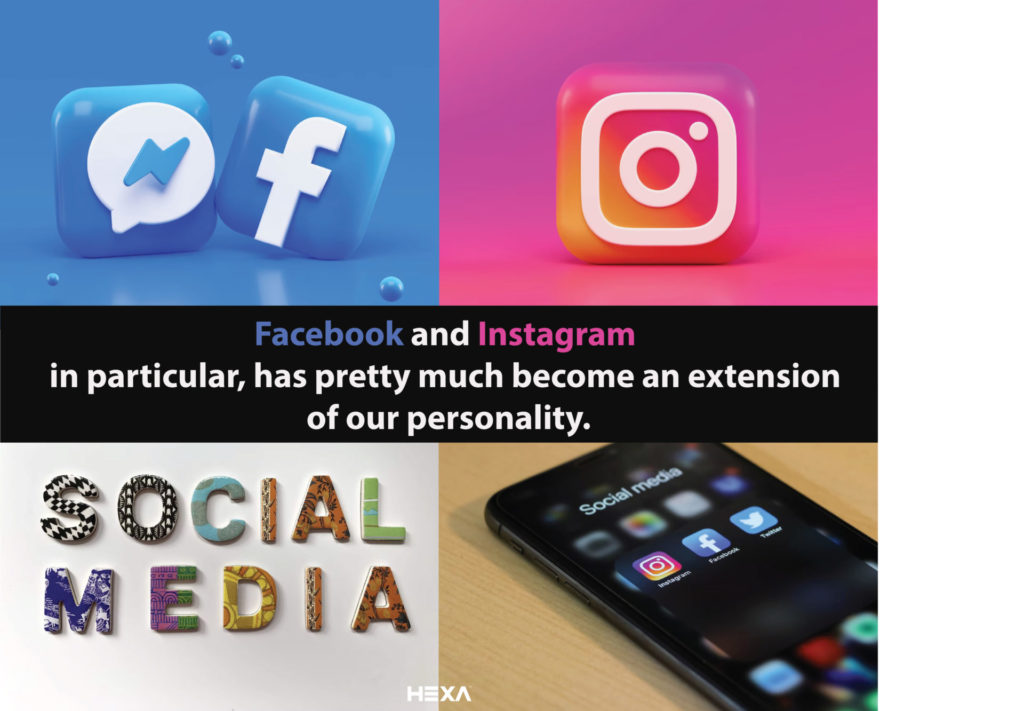
We’re meant to live up to societal expectations and social media is how we show everyone we’re doing our best. We do things to get validation from others, to make us feel like we belong. Vacations and social gatherings are no longer focused on joy and rest, instead it feels like something you have to get through so that you can proceed to the next thing on the list. Social media often takes away from the authenticity of our intentions, making us feel like we need to do something because everyone else is. If you were to treat yourself as a brand, just know that maintaining that brand is exhausting.
It is a common belief that more is always better. More money, more profits, more vacations, more options and so forth. But honestly, if anything, all we get is more choices. And with more choices comes more confusion and anxiety. Millennials tend to get so overwhelmed with options to the point that they just get paralyzed.
“Let me major in this. No, let me major in that. I want that job. Oh wait no I want my own business. I need my kid to go to this school, oh looks like the other one is better”. And the list goes on. Like everyone else, millennials only want to make the best decisions, yet with so many options, how does one find the best?
Saying that millennials have a hard time making decisions is a scratch on the surface. They are overwhelmed to the point of exhaustion. Who knew that making decisions could be so challenging? The anxiety of making everyday decisions, alongside the regret of not making the right decisions will put anyone in a state of burnout.
The world sees us as if we're unequipped to be adults. Like little children at the toy store - wanting everything we can get our hands on and not knowing how to pick one that we like most.
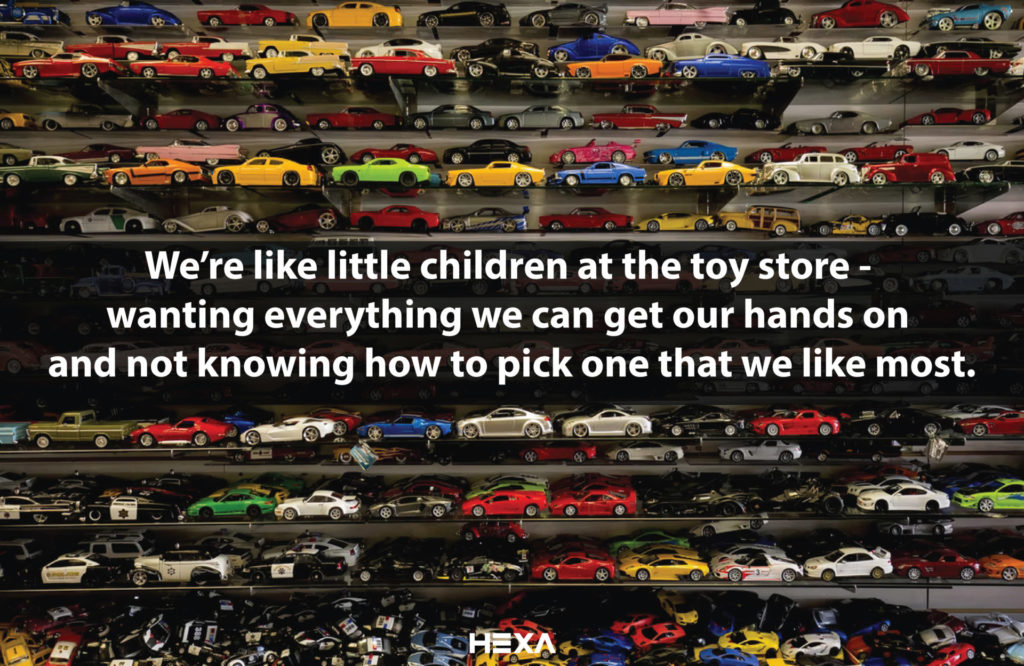
Contrary to popular belief, millennials are not irresponsible nor are they lazy. We crave passion and freedom. We want inner satisfaction. Growing up in a society where we are expected to go to college and get a certain degree and a specific job - it’s suffocating to say the least. Doing something because everyone else is, or because everyone expects us to, doesn’t feel all that great.
The desire for us to sort of stand on our own while being accepted often causes us to get anxious and overwhelmed. With the media and movies portraying an ideal standard of living, millennials often conform to societal expectations before they get to the point of “I don’t want to do this anymore”. That’s the breaking point. That’s when they decide they’re going to do what makes them happy, not what everyone wants them to do.
Millennials aren’t rebellious but you can expect them to stand up for themselves. I think most of us get to that breaking point where we’ve done something for so long that we believed it was the right thing. And one day we wake up and realize that we aren’t satisfied, we aren’t happy. But what now? Drastic changes can’t be made overnight and now we're stuck living a life that we don’t quite love. And the results are evident because research has shown that millennials are the least engaged generation of the workforce - 55% of them are not engaged, and 15% are actively disengaged.
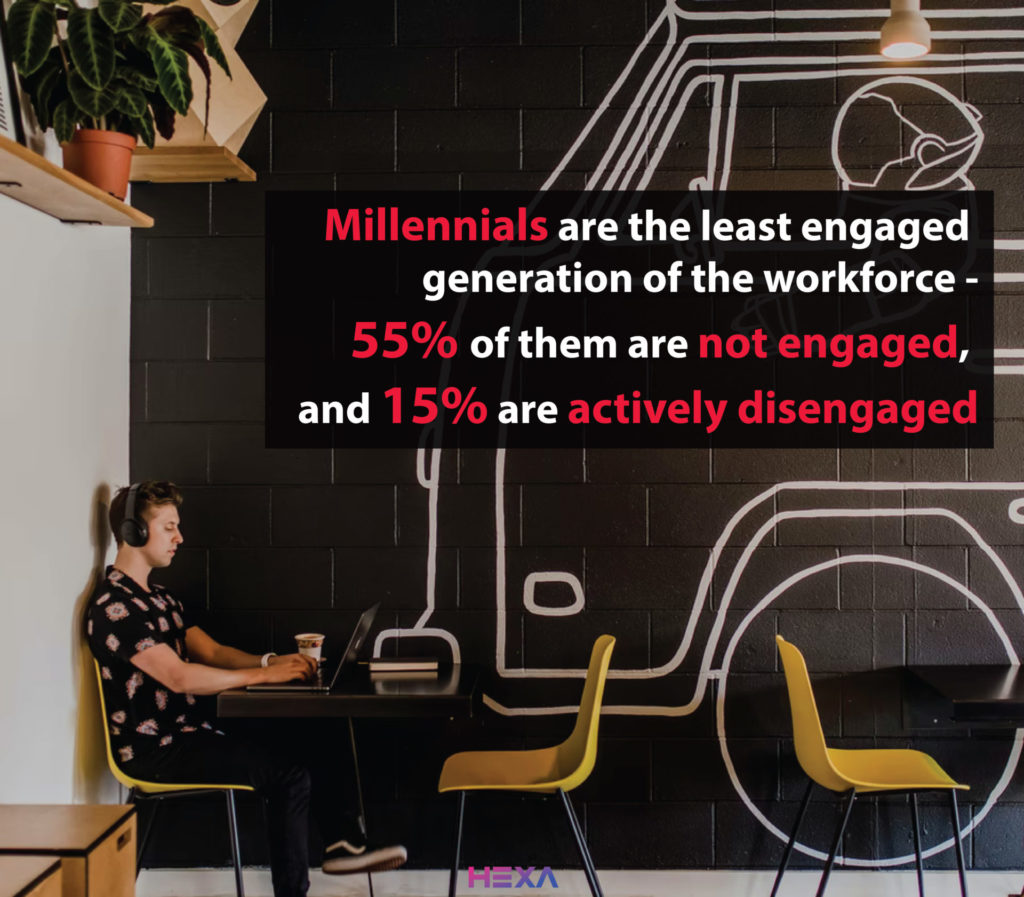
Obviously having that understanding and awareness is the first step to turn our lives around but it does come with a price. Now you’re stuck trying to please yourself but also stay true to the person you’ve already become. Being a millennial is hard to say the least.
A message to all millennials out there, you don’t have to actively use social media because everyone else is. You don’t have to reply to that email at midnight. You don’t have to do a conventional job if you don’t want to. I can’t emphasize how important it is for you to find your purpose and stick to it. There are no bad choices here. If you feel like you aren’t doing enough, then act more and worry less. And if you feel like you’ve been doing so much, learn how to prioritize your needs.
With over 300 clients across the Asian region and more
than 20 years of experience, Hexa Business has an
extensive understanding of industry insights
and employee management.
What works, what doesn't, and what's trending
in the world of business